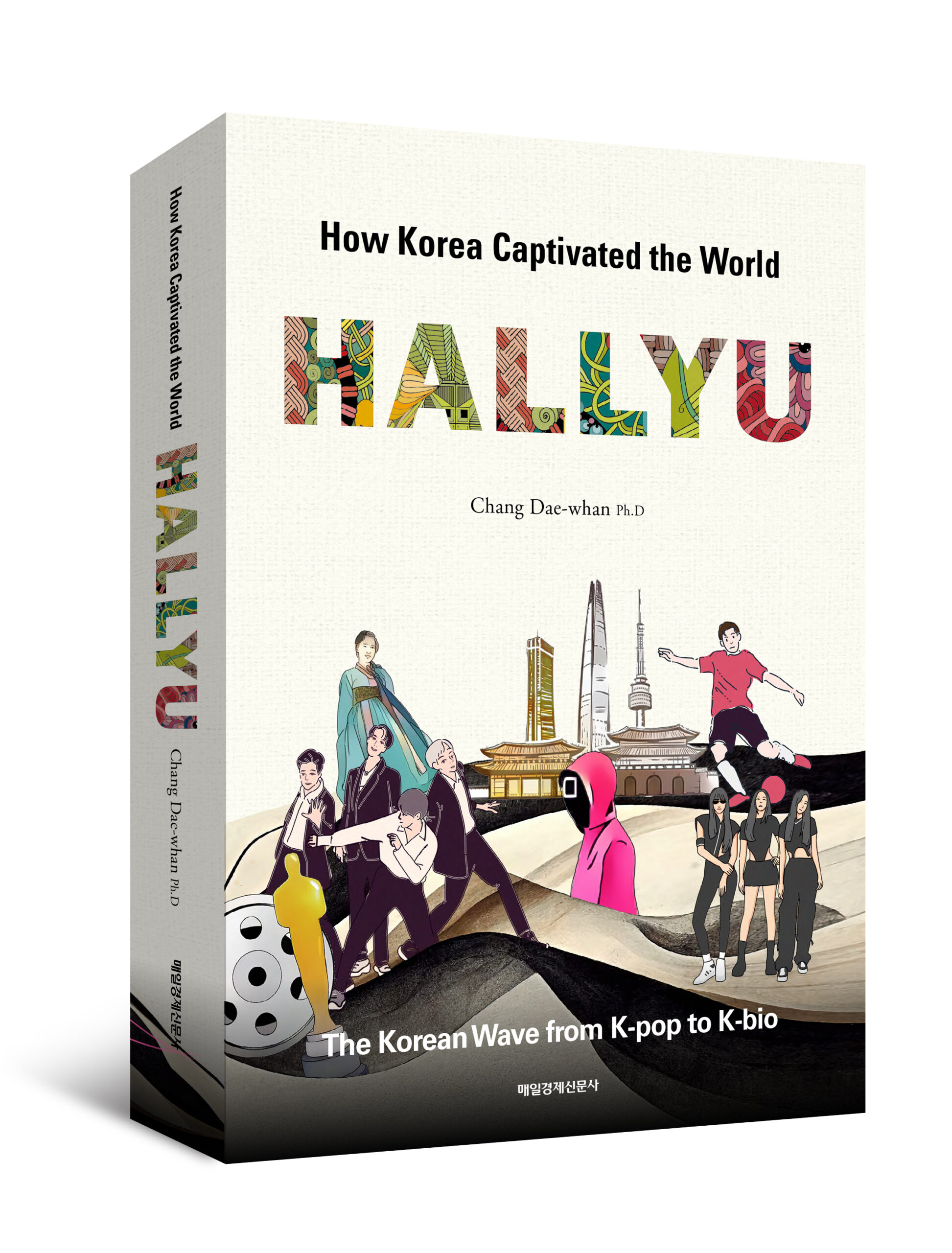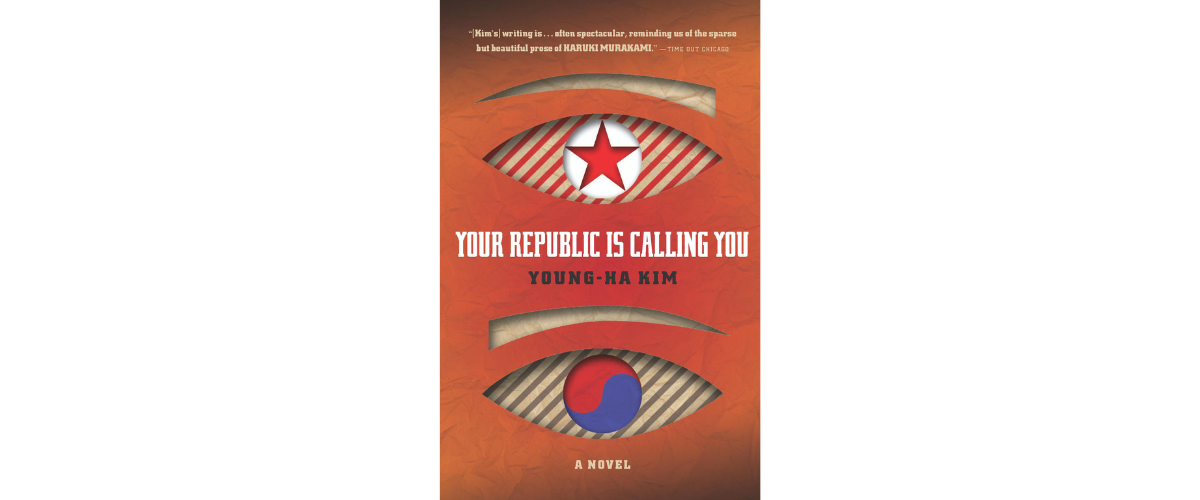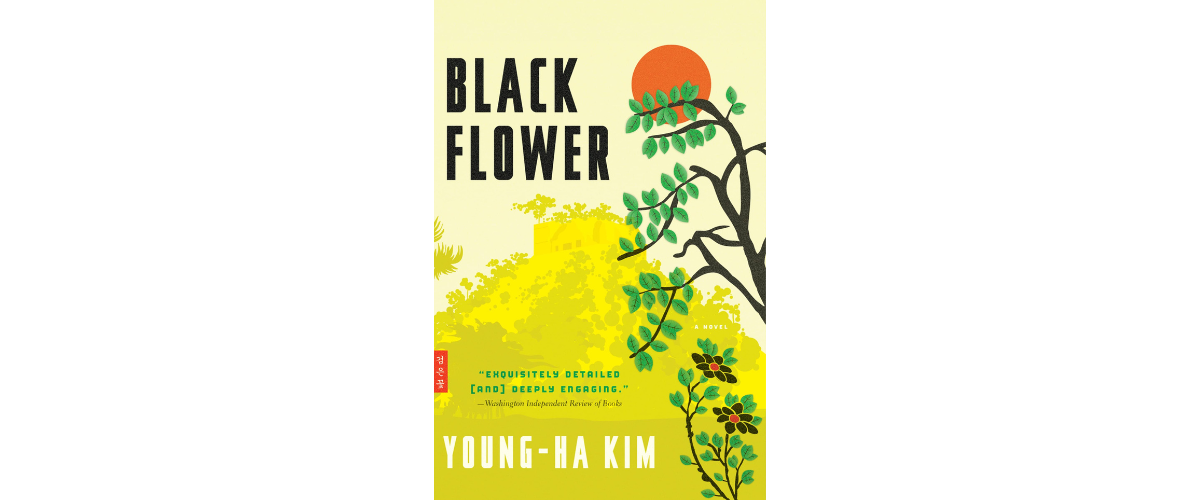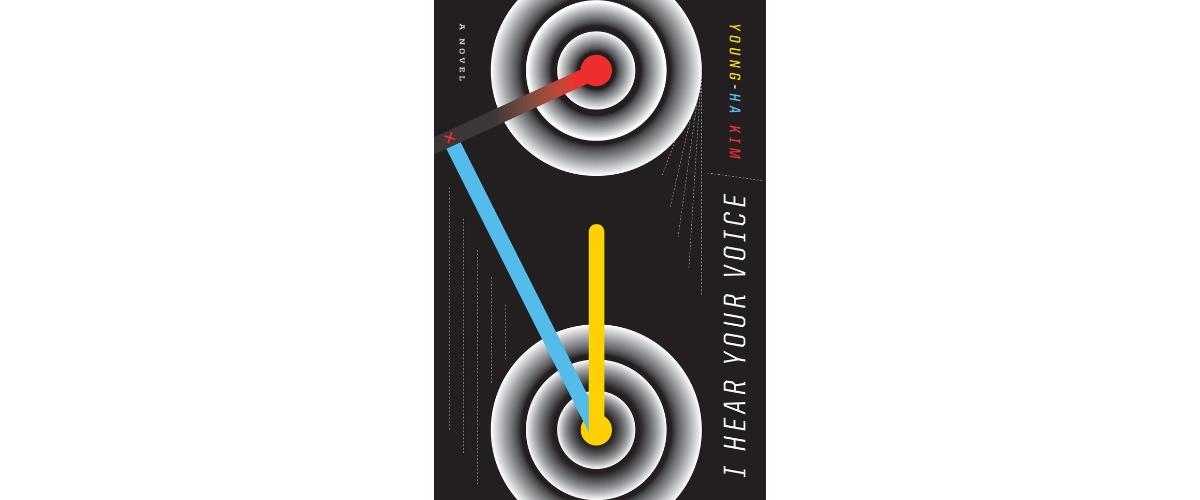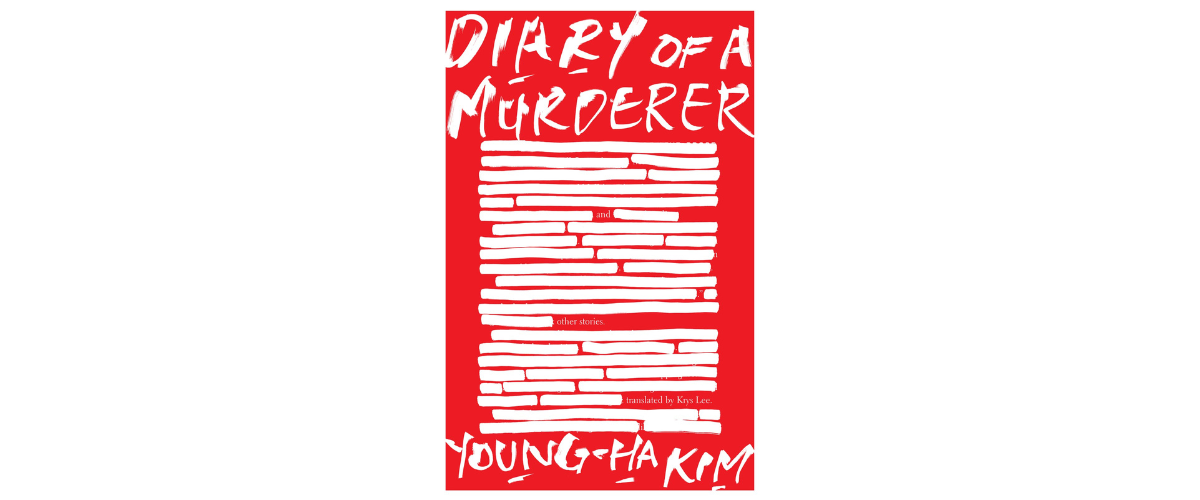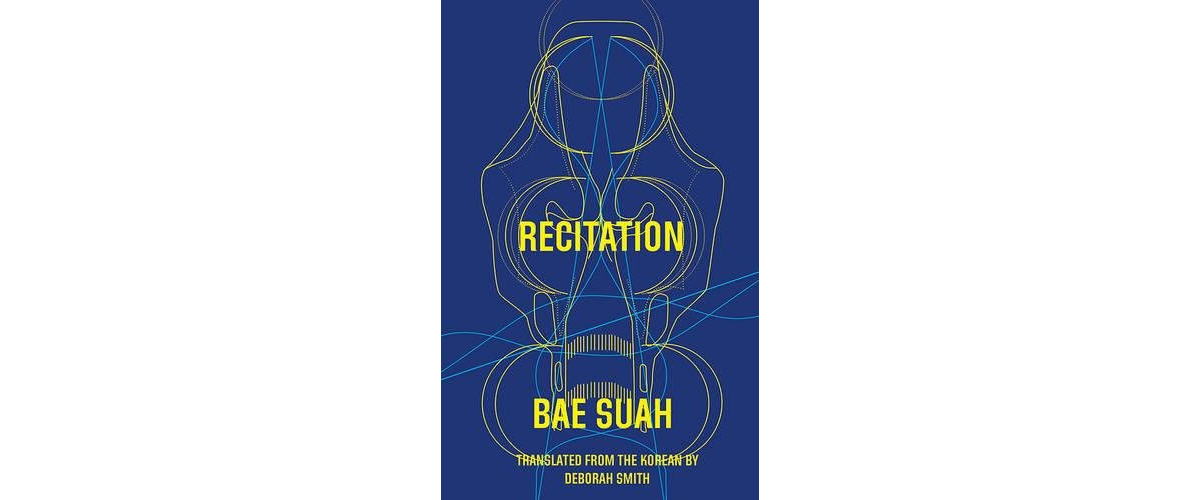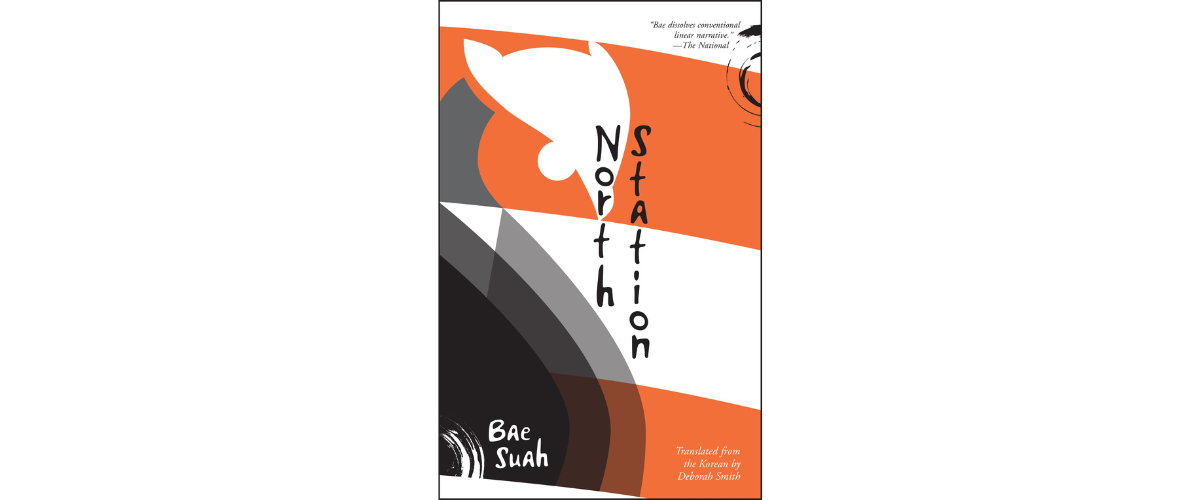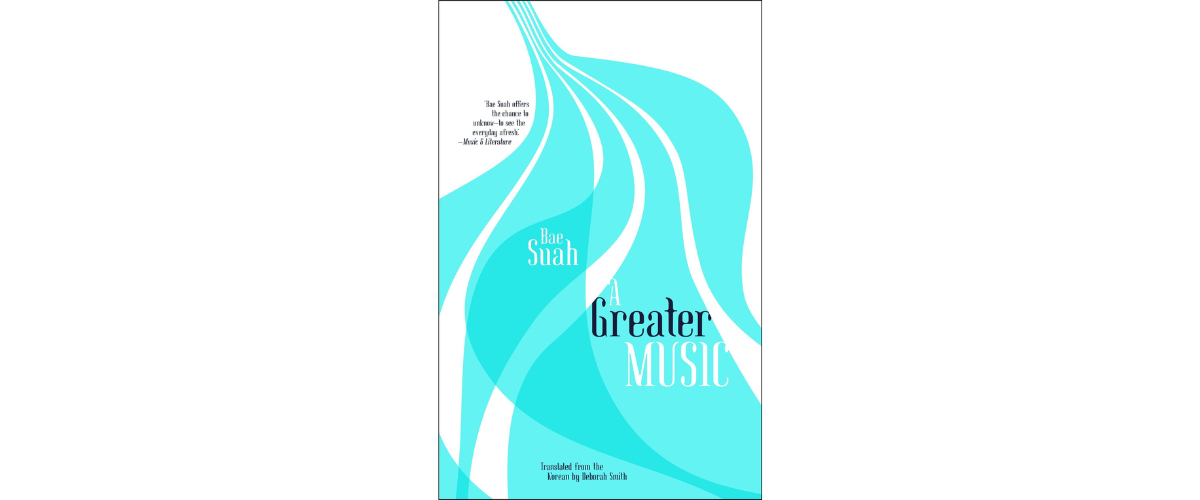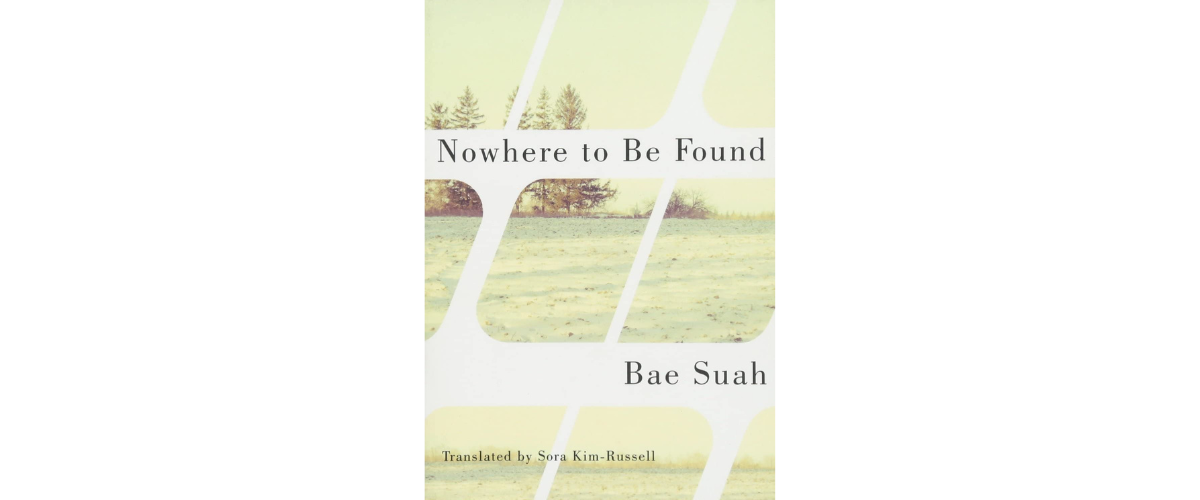HALLYU – How Korea Captivated the World
About 『HALLYU – How Korea Captivated the World』 “How Korea Captivate the World?”The Korean Wave from K-pop to K-bio HALLYU, a book filled with interesting and meaningful insights about Korea, the world’s most dynamic country, has been published. ‘Why is the world so enthusiastic about Korea?’ Authored by the head of Korea’s leading Maekyung Media … Read more
